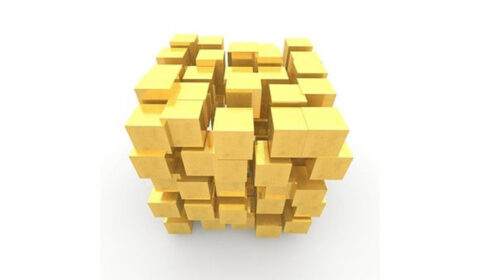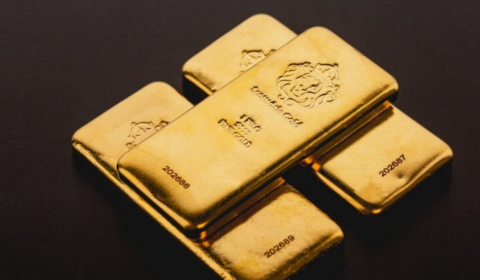How an Economic Recession Affects Your Savings

You’ve probably heard the terms rising interest rates, stagflation, higher inflation, and stock market volatility a lot recently. The possibility of a recession is now widely discussed.
While it is inevitable that the recession is going to harm the economy, what does the recession have to do with you? What impact could an economic recession have on you? And your savings? Here is all you need to know.
Impact of Economic Recession on You and Your Savings
All income classes can be impacted by a recession. You may already have lost your job as a result of COVID-19. Or perhaps inflation has reduced your income. You could have seen a brief fall in your investment portfolio as a result of losses in the financial markets.
It’s important to note that recessions are often short-lived and that the economy ultimately rebounds during these trying times.
The impact of an economic recession can directly affect your savings. Following are some potential outcomes and strategies for lessening the impacts of a recession.
Credit Risk
Higher policy rates directly affect the interest rates applied to specific business debts or loans and any interest you may be required to pay. Your plan can include products you are currently paying interest on, for instance. Your finances may be impacted if rates increase since you might have higher payments.
A basic example is a mortgage. You could be paying a significant amount of interest if the rates aren’t locked in.
The Policy Rate of Interest
To reduce inflation, central banks change the rate of interest and, in turn, impact consumer spending.
Loss of Employment
Your finances can be impacted in the near term by a loss of employment, but there are steps you can take to minimize the long- and short-term effects. If you want to safeguard your finances in case you lose your employment, you need to actively manage your savings and adjust your spending.
Value of Investments
Even if a recession is imminent or not, shifting markets frequently cause investors to second-guess their investing decisions. However, it’s crucial to remember your primary objectives and remain committed to accomplishing them. Even though markets always experience ups and downs, their long-term tendency is upward.
Invest in a Precious Metals IRA Account
A diversified portfolio is always a good idea, particularly during a recession. Therefore, investing in a precious metals IRA account will help you when the rest of the stock, mutual funds, or bonds don’t perform well.
Your portfolio can also be diversified by investing in a precious metals exchange-traded fund or by simply buying shares in gold mining companies.
When the stock market is doing well and the price of precious metals is down, this is the ideal opportunity to invest in silver, gold, palladium, or platinum. Investors can then enjoy the advantages of a downturn.
Get in Touch With a Reliable Gold and Silver Investment Company
A gold and silver investment company will be able to guide you better regarding safeguarding your savings and diversifying your portfolio with precious metals investments. Since all precious metals are an inflation hedge, these are the safest bet during a recession.






